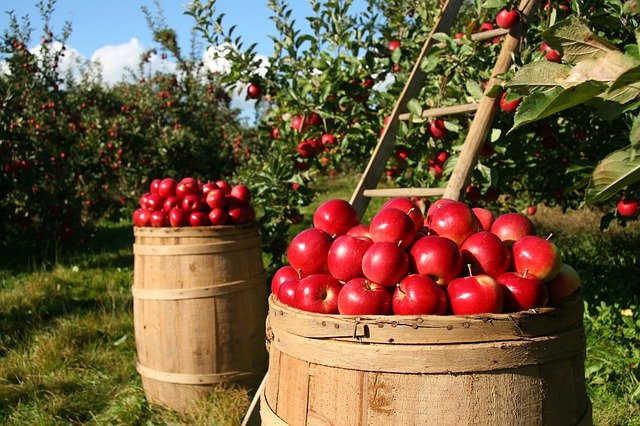So, you’ve made it. You’re ready to get into organic gardening right? Well, now is the perfect time. You probably have a lot of questions on how to start and what to do, but no worries, this article has you covered. Listed below are some tips that will help you get started with your organic gardening plans. Here in this article, you read Everything You Need To Know About Organic Gardening
Tips for Organic Gardening:
Reduce the need for pesticides in your garden by planting native crops. Native plants will have a better resistance against the bugs and bacteria of your area, and will be better equipped to compete with native weeds. Native plants will attract beneficial native insects, such as ladybugs, which can naturally control pest problems without the need for chemicals.
Try not to walk in your garden:
Try not to walk in your garden unless you absolutely have to in order to care for it. Work from a distance when you can. Walking across the soil compacts it, which makes it harder for roots to penetrate to needed nutrients. If your soil is already packed down, gently aerate it without damaging root structure. While Mother Nature will eventually do the work needed to create compost from a backyard pile, even if it is not actively tended, you can give her a helping hand by adding compost starter to the mix. Compost starters, available from the garden centers, add microorganisms to the soil that help speed up the decay process.
How to Treat your roses:
Treat your roses! To naturally remedy black spots on roses in your organic garden, use milk! For some unknown reason – using a 1:2 ratio mixture of milk and water – has been shown to get rid of black spots! Use a spray bottle to apply the mixture directly to the leaves of the affected plant. If you need to prove to customers that your produce is legitimately organic, you can become certified as an organic grower. This can boost sales and tell loyal customers that you’re providing the best to them.
Type of hobby:
If you have children and want to become more involved with them, starting a small organic garden can be a great way. This type of hobby is wonderful for family bonding but also helps your children to start to understand many of the basics of the circle of life and growth. When starting an organic garden look into natural pesticides. It is a healthy way to be sure you do not lose a great deal of your crop to insects while working to keep your environment safe. There are many pesticides that were once used and are really effective.
How to treat seedlings:
Make sure you look at what lies beneath in order to start off on the right foot. For example, tomato seedlings can develop bad root systems that will result in failed plants. These green starts will prohibit the plants from growing. These starts will stick to the seedlings for quite some time, which prevents the seedlings from growing until the starts are gone. When watering your tomatoes in your organic garden, you should always water them on the soil instead of the leaves. When you water the soil, the water goes down into the roots. The roots are the parts of the plant that need water and other nutrients. If you water the leaves, the water will not be able to get into the roots.
Organic materials:
Trees and flower beds need at least three inches of organic materials. This adds humus, nutrients, conserves water in the soil, and discourages the growth of unwanted weeds! This will also give your flower beds a nice, even, and finished appearance. There are many organic mulches available or you can make your own.
Final Words:
When first growing a plant you should make sure that it has all the nutrition and water that it needs. The sprouting stage for most plants is the time when it is most vulnerable to drying out or dying. With proper care, a sprout will mature into a full adult plant which is much more resistant to environmental and animal threats. Now you are much more prepared when it comes to organic gardening. You thought that you were ready before, well look at you, now! Hopefully, the tips that were provided gave you some advice that will help you get started with your organic gardening adventures so that you can begin growing like a pro.

